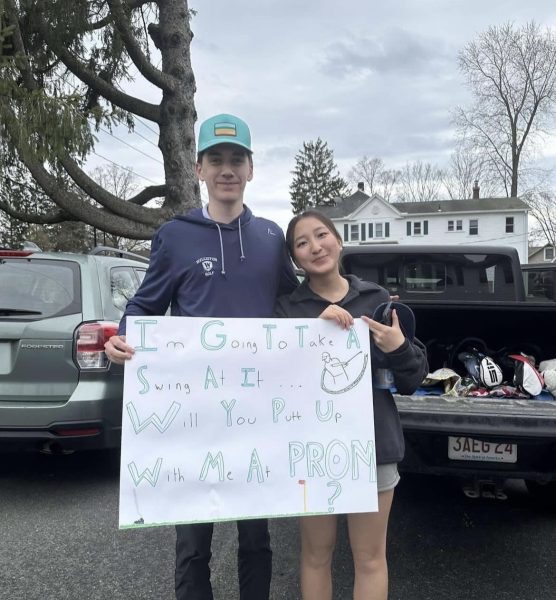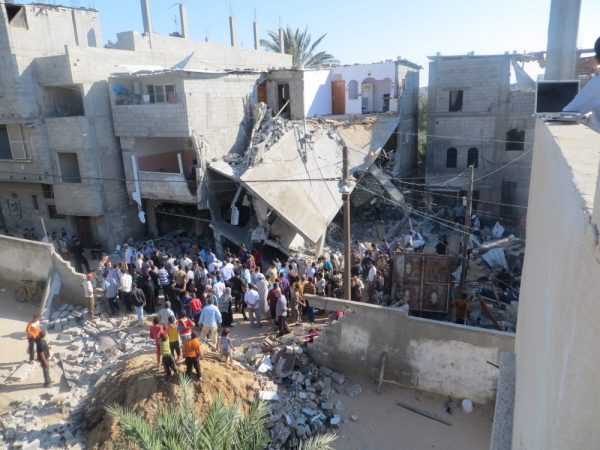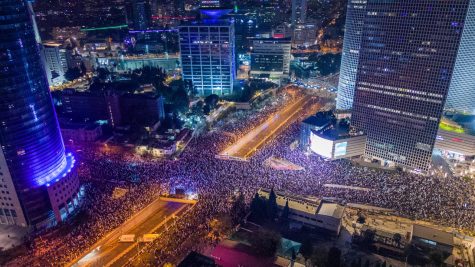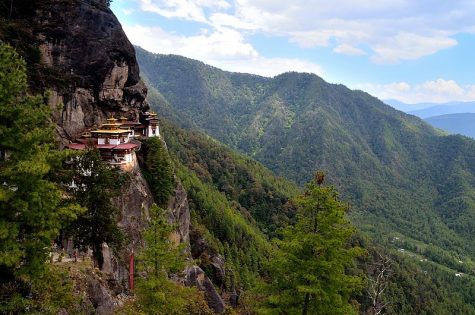Progress and Controversy Mark Puerto Rico Rebuilding Efforts
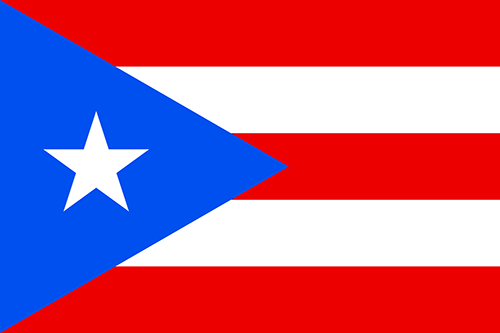
Credit: Public Domain.
Puerto Rico was recently devastated by Hurricane Maria. Nearly the entire was destroyed, and, according to The New York Times, the island is now “barely hospitable.”
Since then there has been a quest to rebuild Puerto Rico, which US Secretary of Housing and Urban Development Ben Carson has stated could take nearly “100 years.”
That has not deterred individuals such as Tesla CEO Elon Musk from proposing ideas on how to reconstruct Puerto Rico from the ground up. After the events of the hurricane, the inventor and entrepreneur has offered to rebuild Puerto Rico’s power grid using only solar energy.
Musk hasn’t stopped at just talking though. Recently he and Tesla have converted the Hospital del Nino, a children’s hospital in San Juan, to an entirely solar powered grid backed up by green storage units. In addition, Musk has also personally donated $250,000 dollars to relief efforts in Puerto Rico. Musk himself has stated he is “glad to help support the recovery” of Puerto Rico.
While Tesla may be leading the charge to get Puerto Rico back online, they are doing it strictly on their own means, as they are not contractually obligated to do anything. The company that did strike a deal is Whitefish Energy, a two person company from Montana that was granted a $300 million dollar contract on October 23rd from the Puerto Rico Electric Power Authority to 100 miles of power transmission lines across the island, according to The New York Times.
This deal led to widespread outrage; many feel as if there is no reason why a company of this scale should be tasked with a project this large.
“Absolutely outrageous” Eduardo Bhatia, a Puerto Rican senator told the New York Times “A two-employee company from Whitefish, Montana gets a $300 million dollar contract out of nowhere? Based on what?”
On Oct. 29, Puerto Rico canceled the Whitefish contract amidst the growing scrutiny from the public as well as the governor of Puerto Rico. Company director Ricardo Ramos has stated that the cancellation will set recovery back 10 to 12 weeks.
This comes after the audit requested by Governor Rosello, which was carried out by FEMA, who found it to have “significant concerns” and warned the contract might be found improper, according to The New York Times.
The rest of the work will most likely be given to the Army Corps of Engineers, who have been working in Puerto Rico to restore power since the events of Hurricane Maria, although they are not large in number and have received criticism from the governor for slow work.
Kyle Caddo is a senior from Chester, NJ. Originally from Long Island, Kyle plays for the hockey team.




